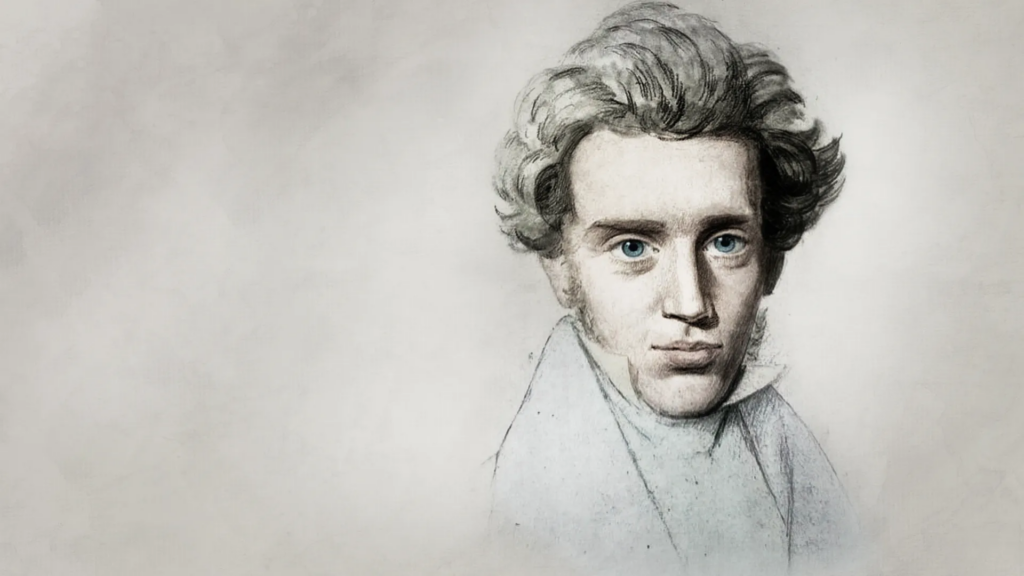How do you know a Mother?
The Essence of Maternal Love: Understanding, Acceptance and the Value of Uniqueness

Philosophers say that one of the characteristics that distinguishes a mother is her gift and capacity to love, for which she does not have to go out of herself but rather remains within herself: her thing is to love by welcoming, which makes her exquisitely particular. The verb to welcome refers to actions that add a warm, affectionate, and refreshing nuance to life, such as: to shelter, to care for, to host, to shelter, to shield, to protect, to shelter. All these actions reveal that man is not just about undertaking, undertaking, or operating efficiently and effectively to show his worth; and that he needs to be loved in his and for his condition as a singular and unrepeatable person; and that, loved in action, he is accepted in his integrity and totally. “In the act of love, then, we have a grasping or a reaching out for personal worth that is not a valuing because of another value; we do not love a person because he does good, his worth does not consist in his doing good (…) but that he is valuable, and we love him for himself”[[1]]
Today, unhindered attitudes and currents of thought are inclined to divide the person as a mere object of study, production, or consumption. Sartre’s existentialism reduces him to pure freedom; positivism to certain materialistic conditions of his life and activity; Marxism to the sum of economic and social relations; Freudianism to a knot of impulses; and structuralism to being a toy in the power of impersonal and oppressive systems. The risk of such conceptions is that they approach man in the form of an explanation. Explaining means dividing, segmenting the object (or subject) on the basis of the particular and limited aspect that is captured of it (by the way, doing it a disservice).
By the way, knowledge of the person is also covered in the form of understanding. Understanding is intuiting the substantial, it is assuming a “someone” in their radical reality and from there taking charge of their condition as a person as a subject irreducible to being divided into parts. Understanding, without a doubt, is synonymous with welcoming. Who else but the woman in her category of mother is capable of revealing to the son his nature as a person, whose value does not require feats or epic acts, simply letting himself be loved as he is! Before the mother, the man stops being an object of speculation to become a subject of care, attention, affection and her gaze. The eyes are the window to the soul, says popular wisdom; physics replies saying: “only if the window is clean”; Even philosophy insists: “the luminosity of the soul defogs the glass” but, only love distinguishes the brightness of the original in another look. The son, is it not true, who knows himself to be unique before his mother?
How much society can learn from the way a mother loves! Likewise, how privileged and beloved a mother can know herself to be with the “power” she has! The children of society – we are all children – must be grateful for that balm and refuge that is the affection of mothers whose greatest property is to be accepted as unique and unrepeatable people. And mothers must recognize and accept that with only their presence the fears and concerns of the child are calmed, under their safe shadow one is born, grows and grows old.
[1] Stein, Edith, On the Problem of Empathy, Volume II, Ed. El Carmen, Madrid, 2005, p. 185
Related

His Hope Does Not Die!
Mario J. Paredes
24 April, 2025
6 min

The Religious Writer with a Fighting Heart
Francisco Bobadilla
24 April, 2025
4 min

Francis. The Human and Religious Imprint of a Papacy
Isabel Orellana
24 April, 2025
5 min

Cardinal Felipe Arizmendi: With the Risen Christ, There Is Hope
Felipe Arizmendi
24 April, 2025
6 min
 (EN)
(EN)
 (ES)
(ES)
 (IT)
(IT)

